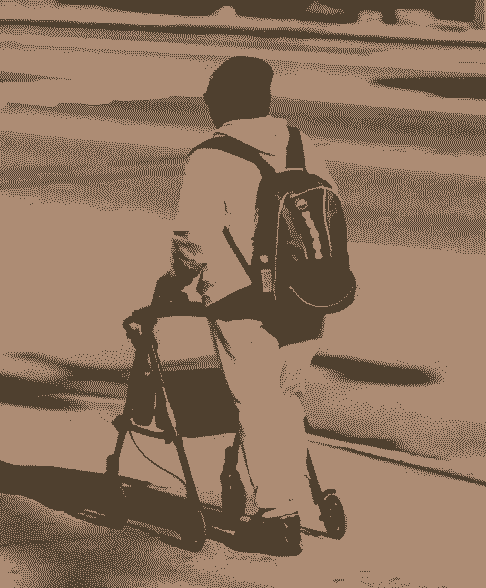How do the Australian people and the Australian government treat people with disabilities? Some of the main issues facing disabled people in Australia is a lack of transparency with how the government is addressing this problem. Most of the rhetoric that comes from the government, is mostly to save face, they put in place ”acts” and ”laws” that are never enforced, though in fact are mostly broken with no repercussions. But anyway, lets go through a few of these rules, to get a better understanding of what they are pretending to do for disabled people in Australia.
-The government works jointly to upgrade the lives of disabled people.
-National Disability Strategy.
-Aims of National Disability Strategy.
-Australian government recognizes the human rights of people with disabilities.
-Australian government Support Aboriginal and Torres Strait Islander people with disability.
The Governments work jointly to upgrade the lives of disabled people
Commonwealth, state and territory, and the local governments operate to support people with disabilities and enhance their capacity and become active members of Australian society. The purpose is to make employment, education, transport, healthcare, housing, and public facilities accessible to the disabled population.
What is the National Disability Strategy?
The National Disability Strategy is an agreement to guide policy across Australian, state, and local governments.
This strategy also plays a crucial role in encouraging, safeguarding, and achieving the principles that promote and nurture the UNITED NATIONS CONVENTION on the rights of persons with disabilities.
Functions of National Disability Strategy:
1: Inclusive and accessible basic life facilities
Improving access to education and healthcare.
Increase the participation of disabled people in all fields of life
Ensure that buildings, communication, and information centers are reachable for the disabled population.
2: Protection of rights, legislation, and justice:
Increasing awareness about their rights
Make policies to reduce violence and misuse of people with disabilities.
To make sure that their rights are promoted and preserved. Also, to ensure that disabled people are not neglected with disability.
3: Economical security:
To make sure that the people with disabilities have the economic security to live a quality life, plan a great future and have optimum control over their own lives.
Also, making sure that the housing and buildings are affordable and to enable them for future financial planning.
4: Individual and community assistance:
Ensure that the disabled, their families, and their carers have fair access to systems that enable them to live their lives independently.
Also, making sure that the community support networks are available to the disabled and their families.
5: Education and expertise:
To ensure that the disabled person achieves high-quality education.
To come up with ideas that enable them to acquire complete education and attain their maximum potential.
Also, to keep in mind the needs of students with disabilities and fulfill their needs and demands accordingly.
6: Health and welfare:
To make sure that the disabled ones have the best health and well-being throughout their lives. Enhance the links between the health care providing bodies and the disabled people along with their families and carers. Emphasis upon mental health awareness, dental health awareness, and nutritional values apart from the general body.
Australian government recognizes human rights of the people with disabilities
The Australian Disability Discrimination Act, started in 1992 (DDA) is an integral feature of Australia’s commitment to abolishing all discrimination against people with any disability.
The human rights commission in Australia (AHRC) has the authority to carry out inquiries and attempt to resolve the matter of any discrimination against the disabled population. If the resolution fails to provide justice, they can commence legal proceedings in the Federal Magistrates Court or the federal court of law.
Australian government supports Aboriginal and Torres Strait Islander people with a disabilities
Unfortunately, Aboriginal and Torres Strait Islanders are more prone to suffer from disabilities than other Australian citizens. The Australian Government says it has a basic Plan to Improve Outcomes for Aboriginal and Torres Strait Islander People with Disabilities that captures current and ongoing actions which can improve outcomes for Aboriginal and Torres Strait Islander people with disabilities.
Key highlights of this organization are given below. Access to decent shelter and to be free from racism. Have their rights been preserved and promoted. Acquire higher education. Attain economic security.

